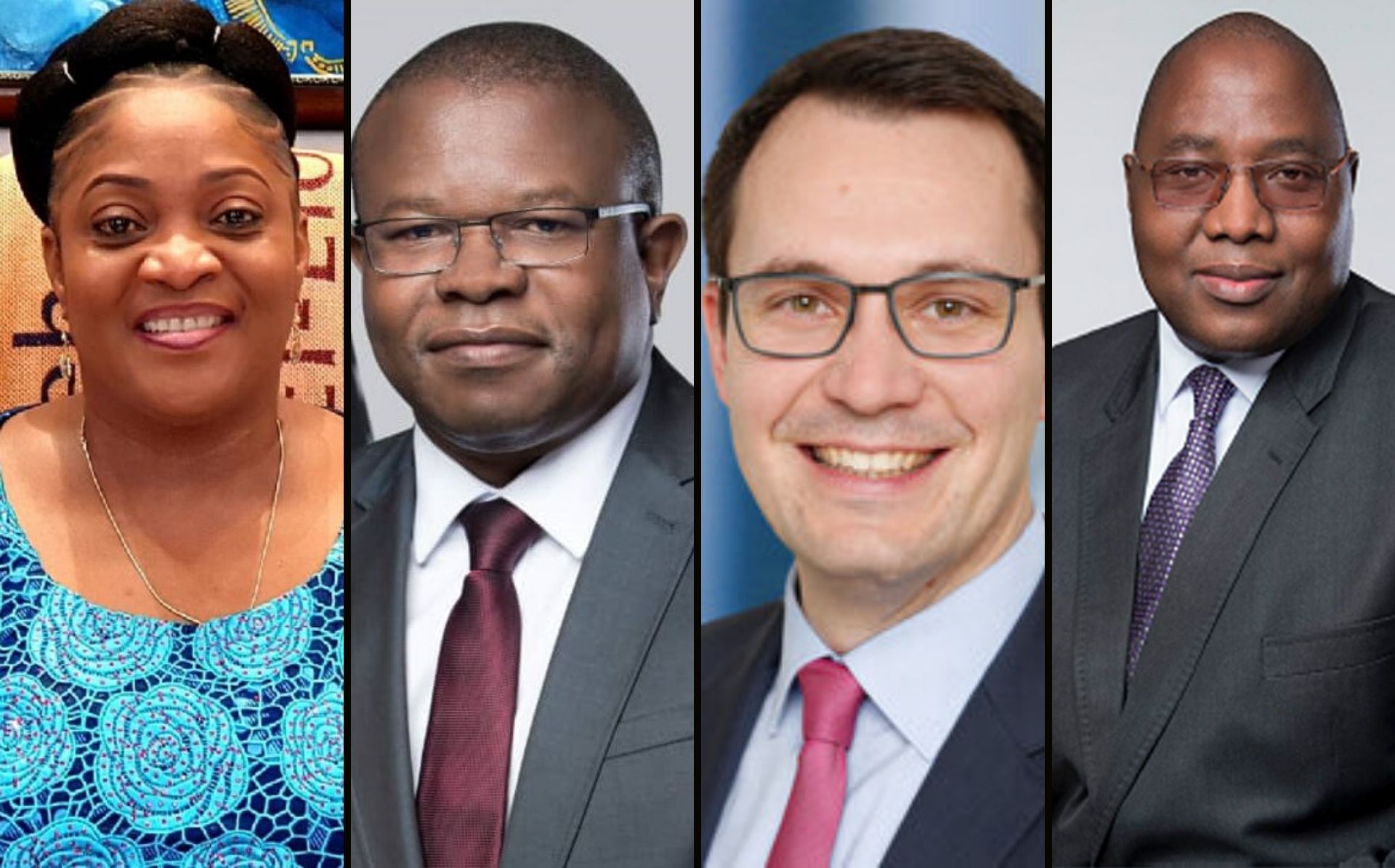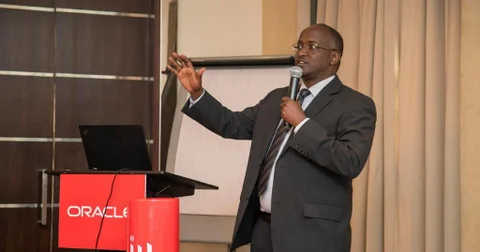By Kingsley Okeke
The world woke to the news of the death of one of Africa’s most prominent reggae artist, Majek Fashek early June 2020, but his prophetic calls, garbed in songs still reverberates.
“Arise from your Sleep Africa, Arise from your sleep America, there is work to be done Africa, there is work to be done America; if we unite, we will live in peace…” were the words of one of his hit songs titled, “So long”. This call has never been more expedient as it is today, as African Americans gather en-mass across major cities in the United States to protest police brutality and killing of unarmed black men.
Protests have erupted in at least 140 cities across the United States and beyond a few days after George Floyd, a black man, died during police stop in Minneapolis. The large-scale protests have prompted the activation of the National Guard in at least 21 states.
A streak of racially motivated deaths of African Americans in the United States in the last two months and going many years back pushed the black community to a tipping point. From Eric Garner to Gorge Floyd, the story remains eerily familiar, in a country where racial divide continues to tear the people apart.
While no comprehensive official database exists for tracking police violence, Mapping Police Violence, a private research group, that has followed over 90% of police killing in the United States, observed that in 2019, more than 1,000 people were killed by the police. The report further submits that black people were disproportionately high among those killed. Black people accounted for 24% of those killed, despite making up only about 13% of the population. Between 2013 and 2019, police in the United States killed 7,666 people. According to the report, “Black Americans are two-and-a-half times as likely as white Americans to be killed by the police. “ Racial discrimination in the United States remains endemic and recently furthered by certain unhelpful rhetoric by some American leaders that tends to support the age-long problem.
To put things in perspective and contextualize the issue of racial segregation in the United States, Dr Joe Beasley, a foremost civil rights leader, and retired United States Airforce officer takes us through the torturous journey. In his words, “as you know, we endured 246 years of chattel slavery in the United States, which meant we were considered a commodity, less than a full human being.”
Continuing, he averred that, “In the U. S. Constitution we are identified as 3/5th of a human being. African American Slaves were freed on January 1, 1863. Ironically the slaves were fighting on both sides in the war. In the South, as someone else’s property, in the North as runaway slaves, fighting for their freedom!”
Furthermore, the 86-year old founder of the Joe Beasley Foundation, maintained that “at the end of the Civil War, Union Army Commanding General Sherman met with 20 formerly enslaved Africans in Savannah, Georgia and asked them what they wanted. They unanimously asked for a separate Country because of long-standing animosities among the Races.”
“Sherman issued Field Order 15, which was approved by President Lincoln. Our new Country started from the Barrier Islands beginning in Charleston, S. C. extending to Jacksonville, Fl., then extending 30 miles inland from the Atlantic Ocean. It comprised 400,000 acres. Over 40,000 Africans had moved into their Country before the land was returned to the slave owners. With the death of Lincoln, President Johnson nullified Field Order 15, and the land was returned to the former white owners in the fall of 1865. In 1877 the Union Troops were withdrawn from the South. The formerly enslaved Africans became Sharecroppers living on the white man’s land for the next 100 years and endured 100 years of terror and lynching by the KKK,” he said.
“In 1954 the U.S. Supreme Court struck down segregated schools, hence, the beginning of the Civil Rights Movement,” he concludes.
History has shown a shared struggle between African Americans and Africans, especially Black South Africans. Building on the efforts of Black people involved in the Popular front and the fight to defeat fascism, the post-war decades witnessed a surge in transnational Black activism as people of colour rose in protest of white supremacy in its various forms.
Nicholas Grant, in his book, “Winning our Freedom Together-African Americas & Apartheid, 1945-1960,” provided a detailed transnational account of Black protest. According to the book, African Americans engaged with, supported, and were inspired by the South African anti-apartheid movement. The engagement helped in bringing black activism into conversation with the foreign policy of both the U.S. and South African governments.
The sustained activism of Civil rights leaders like Martin Luther-King and organizations like the Rainbow Push Coalition; Southern Leadership Conference, among others, forced the U.S. and the Southern African governments to rethink and reconsider their racial policies in the Cold-War world.
In 1986, Coca Cola became the first major United States company to announce its plans to exit the South African market and sell its shares to Black South Africans in response to a planned boycott of the brand in the United States. This was after, 58 United States companies left the Country the previous years, in what many at the time described as a significant boost to the Anti-apartheid promoters in the United States, led by African American Civil right leaders. These efforts eventually paid-off as the South African government handed power to Nelson Mandela as the first black president of South Africa.
It is, therefore, time for African leaders across the board to repay this favour.
Some analysts have argued that Africa has its challenges and should focus on resolving them. In their view, Africans shouldn’t be bothered about the goings-on in the United States. True, but African Americans faced and are still facing enormous challenges in the United States, but it didn’t deter them from lending their voice to the struggle in the continent.
True happiness can be found in helping others. We rise by lifting others. According to a famous Chinese proverb, “…If you want happiness for a lifetime, help somebody.”
The African Union has issued a statement condemning the development, but we must go beyond rhetoric. African Leaders should act in unison to condemn this act.
More importantly, African Leaders must do better. Quality leadership across the 54 countries of the continent should become the norm. Purposeful leadership will help fix some of the continent’s major problems and give our African American brothers an alternative abode.
Ghana’s year of return was largely successful – attracting about 1 million visitors from the United States and Europe. Our brothers across the Atlantic are in dare need of healing, and only a working Africa can provide the same.
Additionally, nearly all the resources needed to fuel the global economy for the next century are in Africa, and it should serve as a strategic bargaining chip, as we engage the west on racial discrimination.
One is not ignorant of the fact that this would be a tall task, but at least we can start. This is Africa’s moment in the sun.
As in the words of Martin Luther King, “the ultimate measure of a man is not where he stands in moment of comfort and convenience, but, where he stands at times of challenge and controversy.” Posterity will judge our collective actions or inactions.


